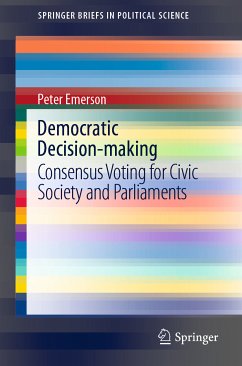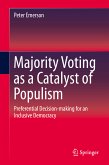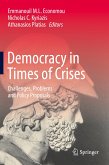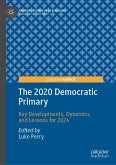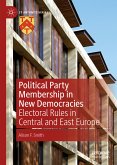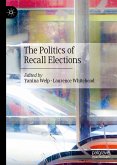This book provides a practical guide to how groups of people, everywhere, from the local village council to the United Nations Security Council, can best make collective decisions. By comparing the many voting procedures used in democratic decision-making, it explains why win-or-lose binary voting can be inaccurate and divisive, while the more inclusive preferential points system of voting can be so much more accurate and, therefore, more democratic; indeed, it is a win-win methodology. The text, essential reading for anyone interested in fair and participatory collective decision-making, also compares the most common electoral systems.
Dieser Download kann aus rechtlichen Gründen nur mit Rechnungsadresse in A, B, BG, CY, CZ, D, DK, EW, E, FIN, F, GR, HR, H, IRL, I, LT, L, LR, M, NL, PL, P, R, S, SLO, SK ausgeliefert werden.
Hinweis: Dieser Artikel kann nur an eine deutsche Lieferadresse ausgeliefert werden.

